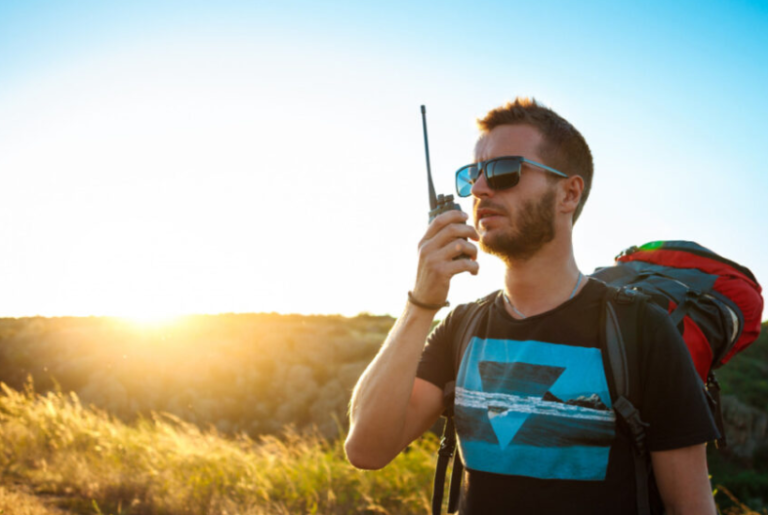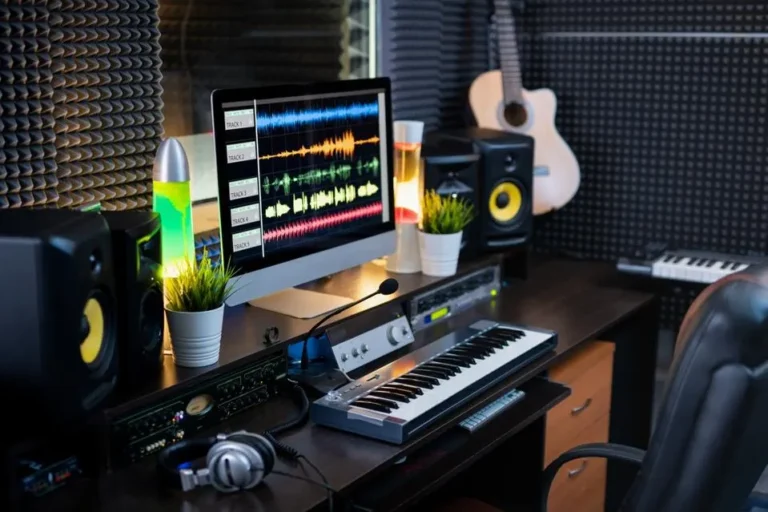Are Deepfakes Illegal? Understanding Deepfake Laws, Risks, and Detection

Deepfake Technology is one of the most debatable advances in the era of artificial intelligence (AI) It is one of the most controversial innovations of the era of artificial intelligence (AI). Whether it is viral celebrity face swaps or political disinformation, AI Deepfakes are now so strong that they might make it very hard to distinguish between what is real and what is not. However, there is one great question that arises day after day: is deepfake illegal? Let us open this issue up, go over Deepfake law and how crucial Deepfake Detection is in combating ill intentioned Deepfake attacks.
So What are Deepfakes?
Deepfakes are the modified images, sound or video files created with the help of AI and deep learning technologies. They are able to swap the face of a person in a video, duplicate a voice, or produce fake content that seems utterly real. Although Deepfake Technology has certain creative and entertainment application, the misuse is increasingly becoming common.
Is Deepfaking a Crime?
The question, Is deepfake illegal? does not have a one-word answer of yes or no. It all depends on the way and place Deepfake Technology is applied. It may not be a crime in most nations to produce a harmless parody or a funny video with the permission of the subject matter. However, Deepfake may be used to slander another person, commit fraud or spread disinformation, which is illegal according to several laws in effect.
Deepfake legislation is not yet in effect in many countries, and they use existing legislation and laws to prosecute Deepfake-related crimes. As an example in the UK, the maker of a Deepfake to use in revenge pornography or to hurt the reputation of another person may be charged under the laws against harassment or defamation. In the same vein, Deepfake audio or video fraud can be considered as fraud or identity theft.
What are the Governments doing?
The governments across the world are beginning to understand the danger of AI Deepfakes. An example is that the US has presented certain state-wide Deepfake regulations, such as the California prohibition on harmful Deepfakes within 60 days of an election or of non-consensual adult material. China has just introduced stringent regulations that will require the marking of AI-generated content. European Union as well is talking about stricter laws to address the damaging Deepfake Technology.
Nonetheless, the laws concerning Deepfake are not advanced globally. The high pace of evolution of AI tools implies that practically any person can easily produce realistic Deepfake videos at home. That is why it is not sufficient to enforce them, and people and Deepfake Detection tools are also crucial.
Read Also: How Tech Is Reshaping the Music Industry
What is so dangerous about Deepfakes?
Attacks using deepfakes are dangerous. Deepfakes can be used to manipulate politics, blackmail, commit financial fraud, or revenge porn when applied to fake celebrity videos, and such activities are deadly serious. It is already being used by criminals to defraud company employees by making a Deepfake audio of a CEO demanding that money be transferred. The risks of election interference, social disturbance or personal violence are immense.
Deepfake Detection Role
Technology also needs to take its role since the new Deepfake laws cannot cope on their own. Deepfake Detection solutions are finding their way as a mandatory tool in businesses, governments, and social media platforms. Artificial intelligence used in the detection systems is able to detect the slightest details of manipulation in videos, audio or images that would not have been detected by the human eye.
Firms such as Facia.ai are on the frontline of this battle, coming up with high-tech detectors that ensure that content authenticity is verified in real-time. The Deepfake Technology is getting better, and the Deepfake Detection will have to develop so that it can keep up with the more realistic fakes.
How to Remain Safe against Deepfake Attacks
What can people and organizations do to prevent Deepfake attacks then?
Stay Informed: Find out what Deepfakes are and how they can be used to be misleading.
Invest in Trustworthy Deepfake Detection Tools: To check out the suspicious content, companies should invest in credible Deepfake Detection tools.
Confirm Sources: Always recheck any videos or audios that appear strange or outrageous and particularly when they are shared via social media.
Misuse of reports: Make reports of a Deepfake against you or any harmful content to the corresponding platform or institution.
The Last Word: What Comes Next with Deepfake Laws?
Then, are Deepfakes illegal? The short answer to that is: it depends. Although the creation of Deepfakes is not necessarily illegal, their use may definitely be. The governments are revising Deepfake laws, which is not an easy task to manage in a rapidly evolving digital landscape.
Meanwhile, technology and human awareness have to collaborate. Considering that AI Deepfakes will be more realistic, the best initial defence is to use Deepfake Detection. As long as we are awake and smart tools, then we are able to explore the creative side of Deepfake Technology without being a victim of its dark side.





